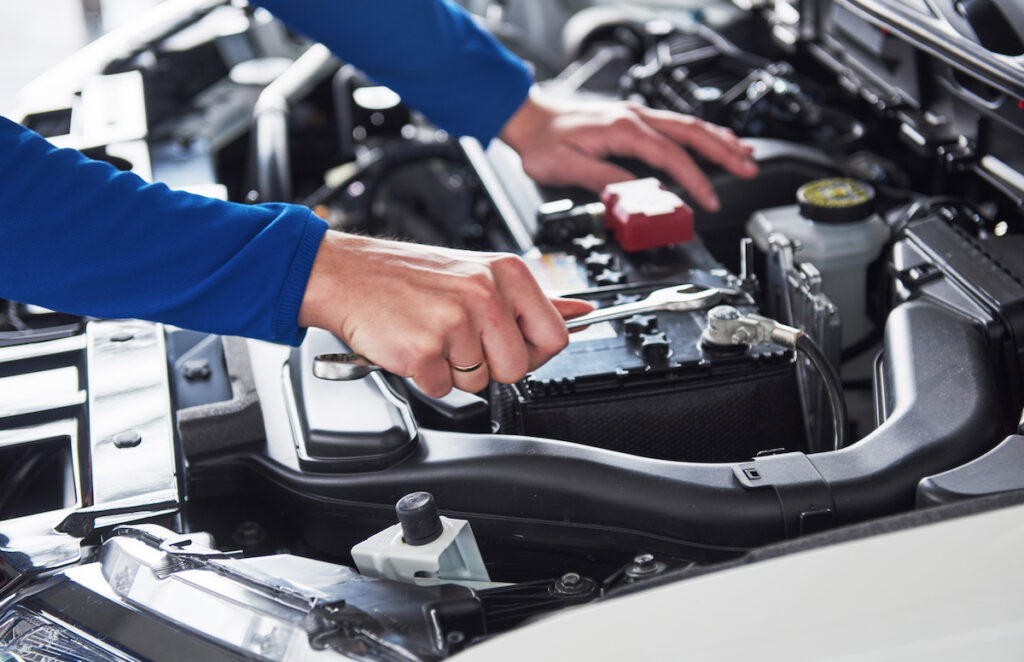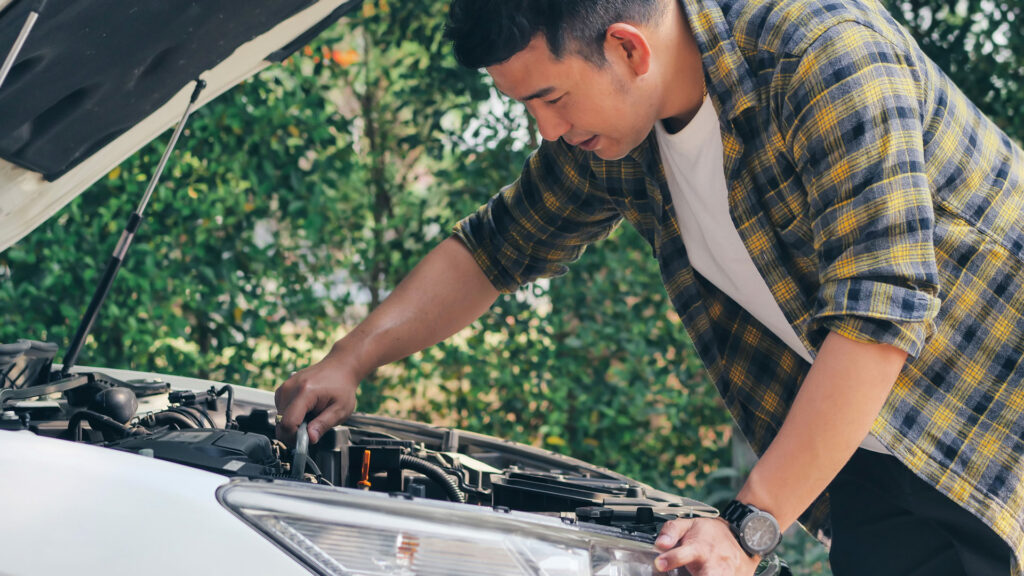
Unveiling the Perfect Car Inspection Frequency: How Often Should I Get My Car Inspected?
Regular auto checkups are essential for spotting possible problems and avoiding unplanned breakdowns. However, a lot of automobile owners frequently ponder how frequently they ought to get their vehicles inspected. We’ll examine the variables that affect the best frequency for car inspections so you can make an educated choice for the health of your beloved automobile.
Importance of Regular Car Inspections

For your automobile to remain safe and dependable, routine check-ups are essential. By completing evaluations, you may prevent issues from getting worse and escalating, perhaps sparing you from accidents and expensive repairs. Here are a few major justifications for why routine vehicle inspections are crucial:
- Early Problem Detection: Inspections help detect worn-out brakes, fluid leaks, tire wear, or engine irregularities early on. By catching these problems early, you can avoid more significant damage, expensive repairs and will know how often should I get my car inspected.
- Safety Assurance: Ensuring that your car is in proper working condition is essential for your safety and the safety of your passengers and other road users. Regular inspections help identify potential safety hazards and prevent accidents.
- Longevity of Your Vehicle: Timely inspections and maintenance can significantly extend the lifespan of your car. If you pay attention to minor issues timely. you can prevent them from developing into bigger problems. Bigger problems may lead to bigger breakdowns.
Driving Habits and Conditions Helps Determine How Often Should I Get My Car Inspected
The general performance and maintenance of a vehicle are significantly influenced by driving practices and environmental factors. They directly affect the deterioration of numerous parts as well as the driver and passenger’s safety. Here are the main justifications for why driving practices and circumstances are crucial:
- Vehicle Performance: Driving habits, such as aggressive acceleration, hard braking, and excessive idling, can have a negative effect on a car’s performance.
- Fuel Efficiency: Driving habits, such as excessive speeding or abrupt acceleration, can lead to decreased fuel efficiency. Aggressive driving consumes more fuel, resulting in more frequent visits to the gas station. You can save money on fuel costs and reduce your carbon footprint, just adopt better driving habits. Maintaining a steady speed and avoiding unnecessary idling is the best you can do.
- Tire Wear: Driving conditions, such as rough or poorly maintained roads, can accelerate tire wear. Additionally, improper tire inflation and failure to rotate tires regularly can also contribute to uneven tread wear.
- Maintenance Needs: Driving habits and conditions can affect the frequency and type of maintenance your vehicle requires. By considering your driving habits and conditions, you can anticipate and address maintenance needs promptly, preventing potential issues from escalating and how often should I get my car inspected.
It is critical to be aware of your driving habits and adapt them to the situation. You can assure a safer, more efficient, and longer-lasting automobile by practicing responsible driving, routinely servicing your vehicle.
Age and Mileage

When you are going to buy a used car, the first two things you want to know to estimate the condition are age and mileage. The age of a car refers to how many years it has been since it was manufactured. As a car age, various components and systems can deteriorate over time, even with proper maintenance. Factors such as exposure to harsh weather conditions, frequency of use, and quality of upkeep can also impact a car’s ageing process. Older cars may require more frequent inspections, maintenance, and repairs due to wear and tear on vital parts. That is why it is crucial to have an answer to the question, “how often should I get my car inspected”.
Mileage, on the other hand, refers to the distance traveled by an automobile, which is commonly measured in miles or kilometers. It indicates how frequently the automobile has been driven. Higher mileage often shows that the auto has been driven more frequently. This can mean more wear and tear for some components. It is important to remember, however, that a well-kept automobile with high mileage might still be in good shape, whilst a badly maintained car with low mileage may have hidden flaws.
When evaluating a car’s age and mileage, it is critical to evaluate them together rather than separately. A recent automobile with a high mileage may have been used mostly for lengthy highway journeys, resulting in less wear and tear than an older car with a lower mileage that has been subjected to frequent stop-and-go city traffic.
The Perfect Device to Stop Mileage In Your Vehicle
Let me show you a mileage blocker, a remarkable module that can prevent mileage addition from any control units. What distinguishes it? Because it can accomplish anything invisibly. Modified data is invariably untraceable. The high-quality module is designed for practical uses like testing your car without worrying about extra mileage showing on the odometer. However, because of its faultless operation and dependability, it is employed for bad intentions. The makers of these tools do not advocate misusing them. What is your most significant advantage? After uninstalling the module, the miles do not automatically add up.
The Bottom Line
How often should I get my car inspected? First, carefully evaluate various factors, including manufacturer recommendations, driving habits, age, mileage, and personal preferences. If you want to have right balance, you can ensure your automobile remains in top condition, enhancing safety, longevity, and peace of mind.
Take a proactive approach, consult trusted automotive professionals, and keep your car well-maintained through inspections that align with its unique requirements.




